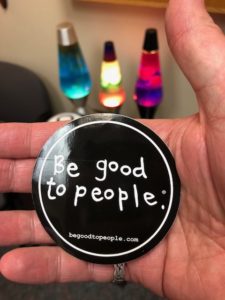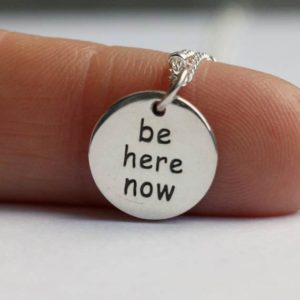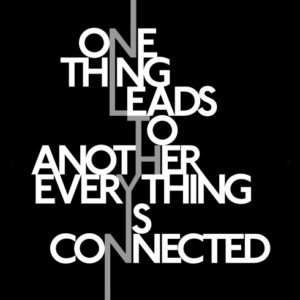When my kids were small, eating out was an adventure to say the least. Our options included any restaurant that had some form of chicken nuggets. I don’t know how that gets into their DNA, but it did. We couldn’t vary from this extremely limited option. Ever.
The lack of variety seemed as if it would last for eternity, but as they grew we could try other exotic foods like hot dogs or even a hamburger. With so many choices available, I couldn’t understand why the kids were so reluctant to try new things. Other foods wouldn’t harm them, and many of them are delightful. That didn’t matter to them. They were steadfast on what they liked. There was no reason to change. They were fed and they liked chicken nuggets. I still shudder when I see them listed on any menu !!
My kids have now grown up into young adults and they are fantastic humans who have a larger palette. My daughter was visiting this weekend as a break from graduate school and we reminiscing about how she, and her brother, ate as a kid. We laughed and she said something profound.
“Dad, you have to remember – I like what I like !!”
 Why is this profound? She expressed the reality of every single person on the planet. We all have certain likes and dislikes, and we do our best to limit or avoid those items we dislike. The more I thought about this I was struck at how powerful our likes are. It’s staggering !!
Why is this profound? She expressed the reality of every single person on the planet. We all have certain likes and dislikes, and we do our best to limit or avoid those items we dislike. The more I thought about this I was struck at how powerful our likes are. It’s staggering !!
We tell everyone at work that they should be open and welcome to change. Change that is meant to be positive both personally and organizationally can’t budge people if they don’t “like” it. And yet, we continue to pound and pound the change because it has to happen. Rarely do we ever seek input and feedback because we’re concerned that someone will alter the change we feel is best.
I think we can learn some lessons from my kids. Change can happen and it will, but we can be more effective if we consider some factors.
Change takes time – Change that is sustainable takes time, not an instant demand or flip of a switch. That may be frustrating and test our patience, but the investment of time is needed.
Change need to be incremental – Massive shifts never work. You spend more time picking up pieces and making alterations to get to where you wanted to go. Make small changes that are easy to understand and implement.
Have faith and believe in people – When you involve the people who are affected by the change you want to implement, the chance of success rises incredibly. People expect context, and the more they get there is a better chance they will “like” the change.
It’s time for us to recalibrate how we make change occur in our organizations. We need to take into consideration what people like as our framework to build from. If you do this and take the time to be intentional with your change, chances are more people will “like” it !!









